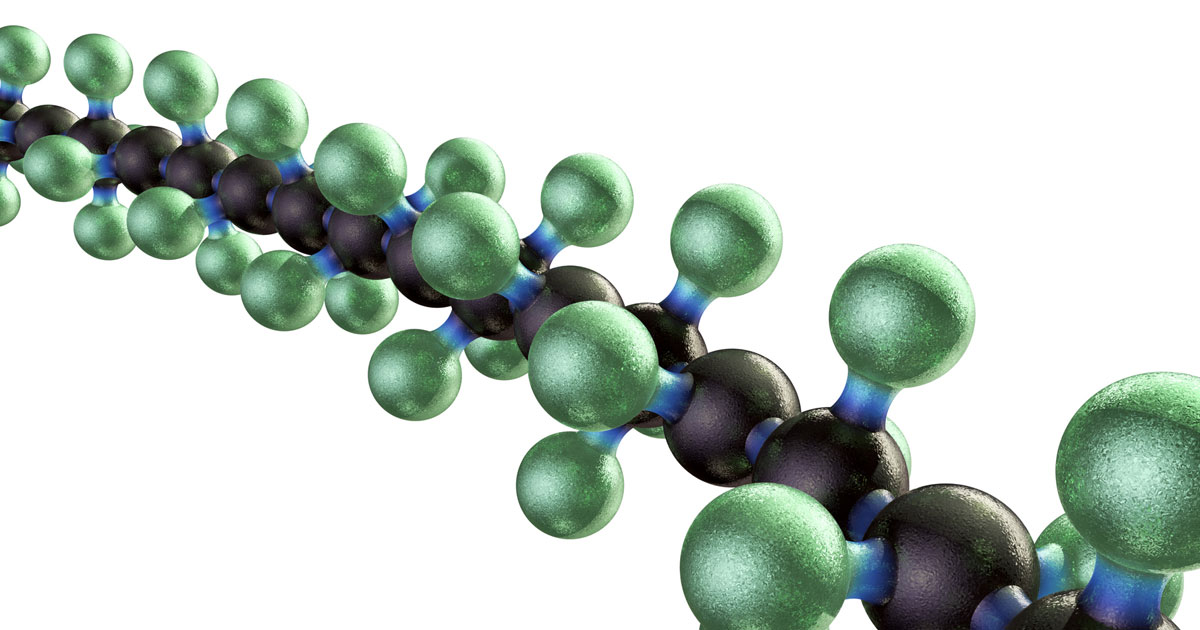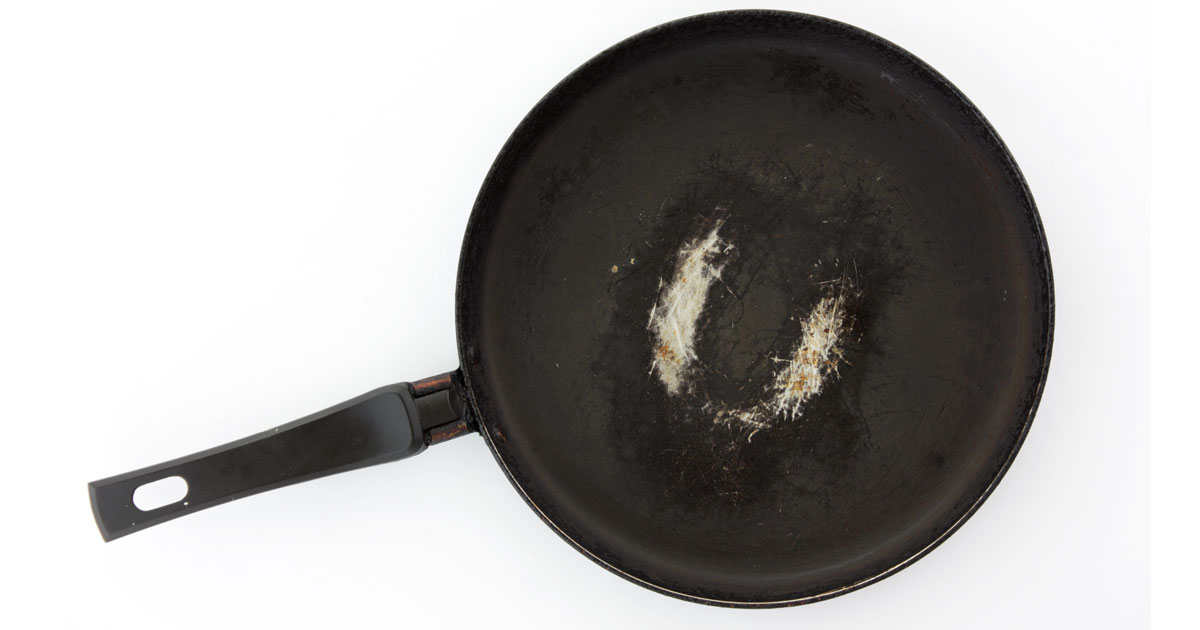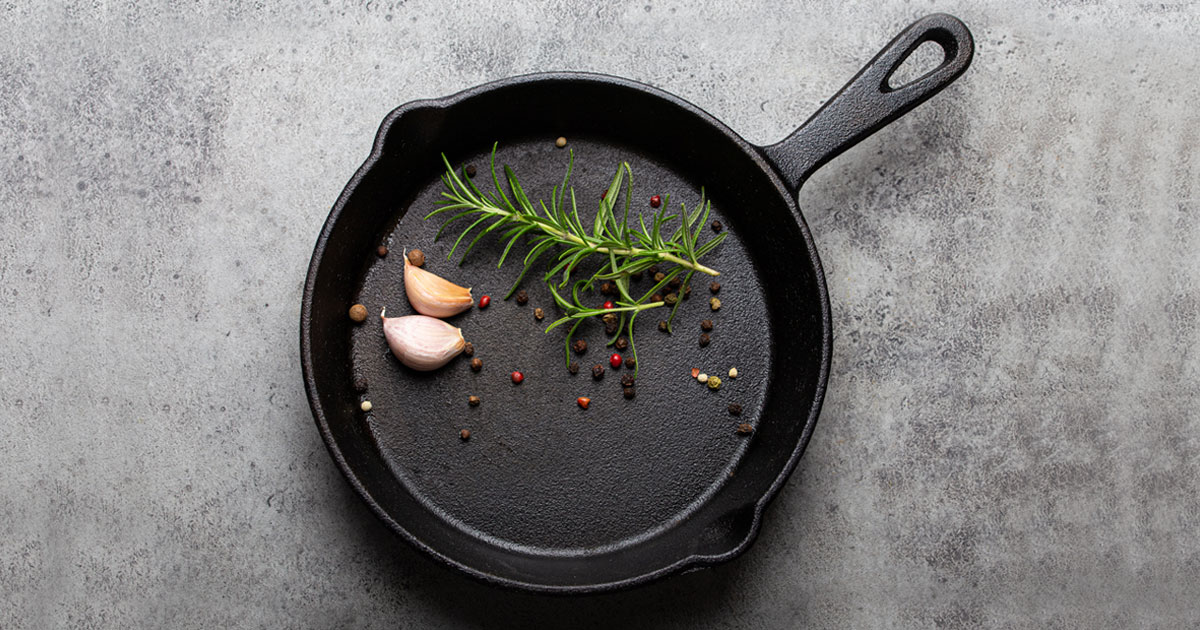Is Teflon Harmful to Humans?
The use of perfluorooctanoic acid (PFOA), or C8 colloquially, in Teflon drew scrutiny to Teflon-coated products. PFOA came with numerous health concerns, but was eventually removed from the product. Unfortunately, PFOA was replaced with chemicals that harbor their own health risks.
Now, there are risks associated with overheating Teflon, which is certainly not a desirable aspect of cookware. Worse, normal cooking temperatures release various chemicals and gasses from Teflon coated products, with varying levels of toxicity. For that reason, research is ongoing regarding the chemicals associated with Teflon.
Harmful Effects of Teflon
So, why is Teflon so toxic? There are several ways Teflon cookware can cause harm, and it’s important to understand the impact this cookware can have on you and your loved ones. It’s also necessary to realize that since research is ongoing, the full impact of Teflon exposure is still unknown.
PFOA Exposure
Until 2013, Teflon coating contained perfluorooctanoic acid (PFOA), which was claimed to burn off during manufacturing. However, trace amounts were still found on cookware long after it was meant to burn off, and could cause egregious health effects on consumers. Now, newly manufactured Teflon products may no longer contain PFOA, but products from 2013 or earlier likely still contain the chemical.
PFOA, or C8, has been linked to a variety of negative health conditions. Exposure to high levels of PFOA increased risks of cancers, such as:
- Kidney cancer
- Ovarian cancer
- Testicular cancer
- Bladder cancer
- Prostate cancer
Although Teflon manufacturers claim levels of PFOA in Teflon cookware were not high enough to cause cancer, both PFOA and Teflon are linked to other negative health conditions. These conditions include:
- Thyroid disorders
- Chronic kidney disease
- Liver disease
- Infertility
- Low birth weight
Another concern surrounding PFOA is how long it remains in the environment and the human body. The chemical was found in the blood of 98% of people who participated in a 1999-2000 NHANES study. This eventually led to a movement to eliminate PFOA from Teflon products, which was completed in 2015. However, replacement chemicals have similar uncertainties regarding their toxicity.
PFA Exposure
Though PFOA has been eliminated from Teflon, there are other dangerous or little-known chemicals associated with the coating. PFAs, or perfluoroalkyl and polyfluoroalkyl substances, are one such unknown chemical. PFAs are considered a potential risk in food-contact products according to the U.S. SPSC, and much about how they impact the human body is unknown. Exposure to these substances can cause:
- Increased blood cholesterol
- Lessened vaccine responses in children
- Decreased infant weight
- Differences in liver enzymes
- Increased possibility of high blood pressure during pregnancies
Is Scratched Teflon Toxic?
Teflon manufacturers claim that flakes of Teflon are not toxic enough to pose a risk, even when PFOA is used. However, high levels are still considered a risk and you should throw out any Teflon cookware that is peeling or flaking. Further, there is a risk that the chemicals associated with Teflon flakes can artificially make people feel more full than they are, leading them to consume fewer calories. The results of continuous Teflon flake consumption are unknown.
Even without PFOA, Teflon still has the potential to negatively affect the environment. One of the replacement chemicals for PFOA was discovered in residential water. The substances have also been found in animals in areas. The chemical’s environmental presence could be exposing many people to damaging effects.
Teflon and High Temperature
The final, and most recently recognized, way that Teflon can impact your health is by breaking down under high heat. While Teflon is marketed as an incredibly stable compound, once heated to temperatures around 570°F, or 300°C, Teflon coatings can break down. This can cause toxins to off-gas into your food and into the environment.
The more exposure to Teflon fumes you experience, the more health problems could occur. Inhaling fumes can cause polymer fume fever, which leads to temporary flu-like symptoms including fever, chills, headaches, chest discomfort, and body aches. These symptoms could take as much as a few hours to appear, and should be resolved in a day or two. However, if a more serious case occurs or your symptoms fail to subside, seek medical help.
It’s worth noting that because of their fragile respiratory systems, Teflon fumes are deadly to birds. Pet birds should be kept away from Teflon fumes or they will likely suffocate.













